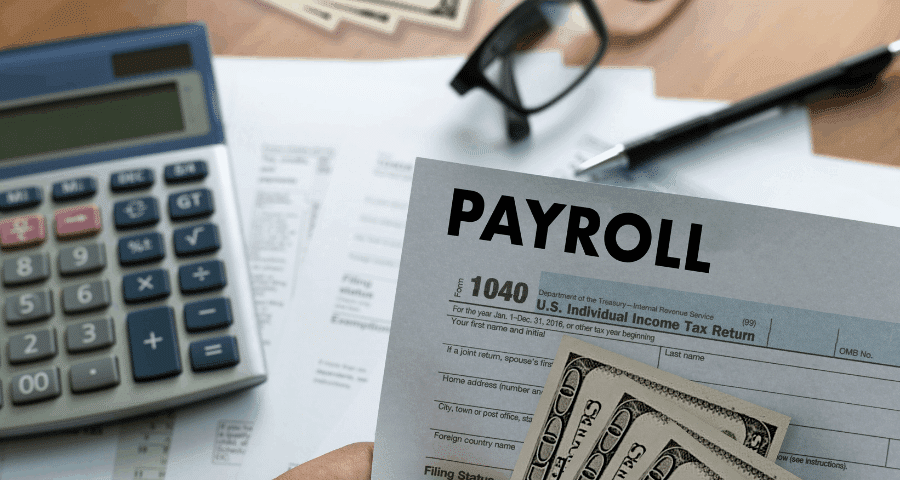Silicon Valley Bank Collapse: The Accounting Impact
Updated 8th April 2025 | 3 min read Published 13th March 2023

On Friday, March 10th, 2023, Silicon Valley Bank (SVB) collapsed. It was the most significant bank failure since the 2008 global recession. Its collapse has been felt by all its customers, but it’s also made everyone double-check their banking institution to ensure they are on stable ground.
While this news is undoubtedly alarming for businesses and banking institutions, important measures have been enacted. The Federal Deposit Insurance Corporation (FDIC) responded by tentatively creating a National Bank of Santa Clara to hold deposits and other SVB assets.
Certified Payroll Professional and Director of Compliance for IRIS Software Group Americas, James Paille, highlights what you need to do about the collapse and how it can affect you.
FDIC Insurance
Traditionally, a bank is only legally responsible for guaranteeing a limited amount of each account in case of an event like this. Banks insure the account with the FDIC to a maximum amount of $250k. This means that if you had a corporate account with SVB, you would have access to your account up to $250k.
For your average consumer, this is great news because most people don’t have over $250k in a bank. However, corporate accounts could have over a million dollars in the account and see this reduced to only $250k. While something can be better than nothing, this is still a terrifying capital loss. Before you panic - there is good news.
The FDIC has completely waived the insurance limit. Using FDIC funds, they have guaranteed that all accounts will be credited to their full balance. This guarantees every client of SVB will have access to their full balance, not just the insured $250k.
If you are a customer of SVB, thanks to FDIC insurance, your bank account number will continue functioning as normal, giving you complete access to your account.
How Does the SVB Collapse Affect Payroll?
President Biden has spoken directly to small businesses and clients of SVB about the collapse. In a recent press conference, President Biden said, “the deposit accounts at these banks can breathe easier knowing they’ll be able to pay their workers and pay their bills.” He says all clients, including “small businesses across the country that bank there and need to make payroll (will be able to) pay their bills and stay open for business.”
Due to the FDIC’s quick and decisive action, the collapse of SVB has not affected the industry as a whole. Banks are open. Accounts are not frozen. Payroll can still be processed.
While this has drastically affected banks' stock prices and has made investors more trepidatious about the banking industry, this collapse has not impacted their liquidity or customers in any way.
How to Protect Your Practice
The most important thing you can do to help your business now is not panic. Worrying and making rash decisions can lead to costly and avoidable mistakes.
To protect your practice, the best thing you can do is to closely examine the banks you’re doing business with. There is a good chance there will be some fallout in the form of banking consolidations. Even if you and your client’s accounts are consolidated, it should not affect your firm in a meaningful way. The way you process payroll and billing will remain the same, but the funds will be transferred through a different banking organization. If you want to go the extra mile to protect your practice, consider the size and scope of the banking institution with which you choose to bank.



